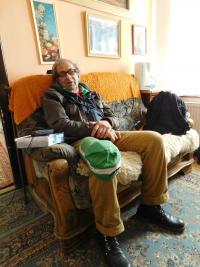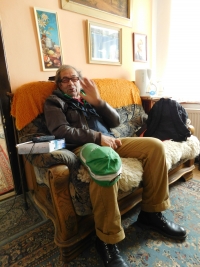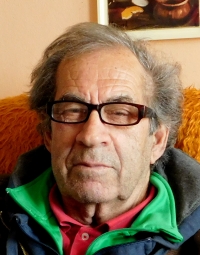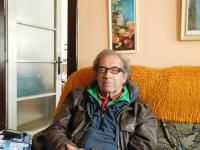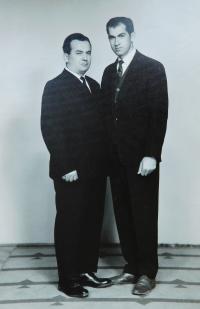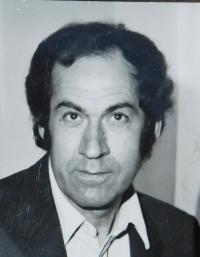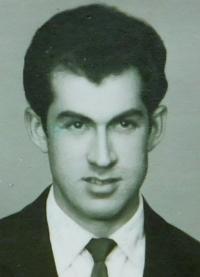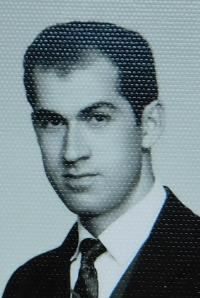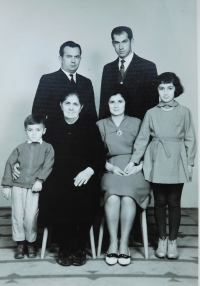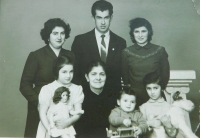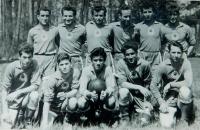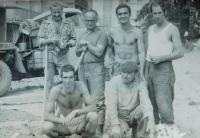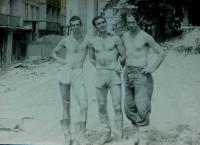A man was not born to get killed

Download image
Dimitrios Ioakimidis was born on the 4th June, 1933, in a small mountain village in Langadia, Northern Greece, He is the youngest of six children. His family suffered much through the events of the 20th century. One of his grandfather’s was murdered in Georgia by the Turks, and the other died of typhus during the family’s resettlement from Georgia to Greece in the 1920s. There, they settled in the village of Langadia nearby the state border with former Yugoslavia. During WWII, they repeatedly experienced attacks of Bulgarian soldiers, who shot several civilians in the village. The family fled from home and returned back only after three years. Dimitrios’ older brothers, Kiriakos and Ilias, being the Greek soldiers and partisans, participated in fighting with Italian, German and Bulgarian invasion units. In the burgeoning civil war of that time, the family experienced raids of government troops. The brothers fought within the left-wing Democratic Army of Greece (DSE). As a result of the civil war, Dimitrios’s family completely separated. Dimitrios, together with his parents, lived in Czechoslovakia; his brother, Kiriakos, found himself in Tashkent in Uzbek SSR; Ilias to Bulgaria; and his sister, Elisabeth, lived in Poland and later in Rumania. After arriving to Czechoslovakia, Dimitrios and his parents moved to the borderland in Zálesí, Czechoslovakia. In 1950, they were sent to Karviná to join in building the mining town. For fourteen years they lived there together with another two families in a flat with four rooms and common bathroom and toilet. At age sixteen, Dimitrios was sent to a children´s home in the village of Běstvina in Chrudimsko, and then to Vítkovice iron plant, where he apprenticed a metal roller and worked for three years. He would soon return back to his parents to help them in a difficult economic situation. First, he worked in the national company, Železárny Karviná, then in national company, Bytostav, and later in Rudné doly. He was married twice and had three children. In 1990, Dimitrios Ioakimidis moved to Greek Thessaloniki, but due to high financial costs, returned to Czechoslovakia in 2003 and settled down in Jeseník, where he lives currently.
